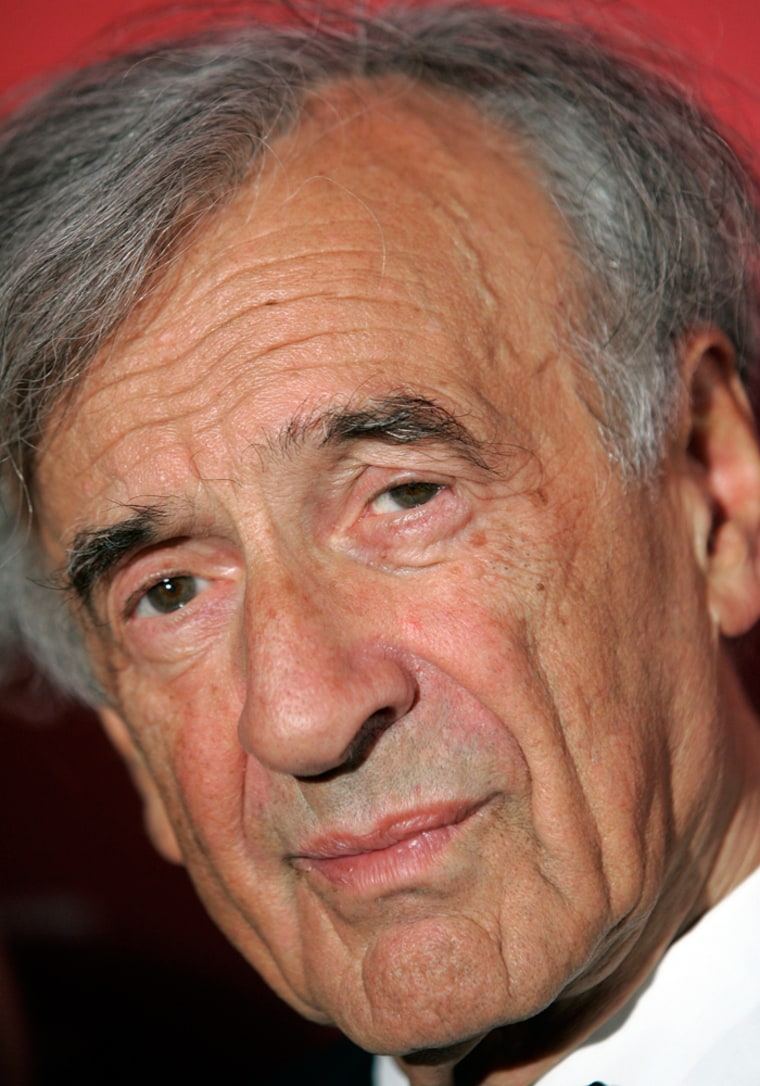A New Jersey man was ordered Tuesday to stand trial on charges of stalking Nobel laureate Elie Wiesel and dragging the Holocaust scholar out of a hotel elevator.
San Francisco Superior Court Judge Harold Kahn ruled there was enough evidence to try Eric Hunt on six felony charges: attempted battery, stalking, kidnapping, false imprisonment, elder abuse and false imprisonment of an elder. Each charge carries a hate crime allegation.
If convicted of all the charges, Hunt could face seven years in prison and a $10,000 fine, prosecutors said.
Wiesel, 78, who chronicled his experiences as a Jewish teenager at two Nazi death camps in the book “Night,” told authorities he was accosted by a young man who asked him for an interview at San Francisco’s Argent Hotel, then dragged him off an elevator Feb. 1. The assailant fled after Wiesel began to scream.
Hunt, 23, of Vernon, N.J., has pleaded not guilty to all the charges. He originally pleaded not guilty by reason of insanity but later changed the plea.
He is being held in a psychiatric unit of the San Francisco County jail, where he is receiving counseling and medication to treat bipolar disorder, said his lawyer, John M. Runfola.
Lawyer: Man is mentally ill
Runfola described his client as mentally ill and said the incident “came about as a result of a psychiatric condition, and not anti-Semitism and hatred.”
Hunt was ordered to appear at a Sept. 4 court hearing to enter a new plea and be assigned a trial date.
Kahn also set a Sept. 6 hearing for attorneys, mental health specialists and a judge to determine whether Hunt’s case should be handled in Behavioral Health Court, which seeks alternatives to incarceration for mentally ill offenders. The state would have to agree to such a move, however, and prosecutor Alan Kennedy said Tuesday he doesn’t think it is appropriate for Hunt’s case.
“I do believe the charges are serious enough that they warrant time in state prison,” Kennedy said.
